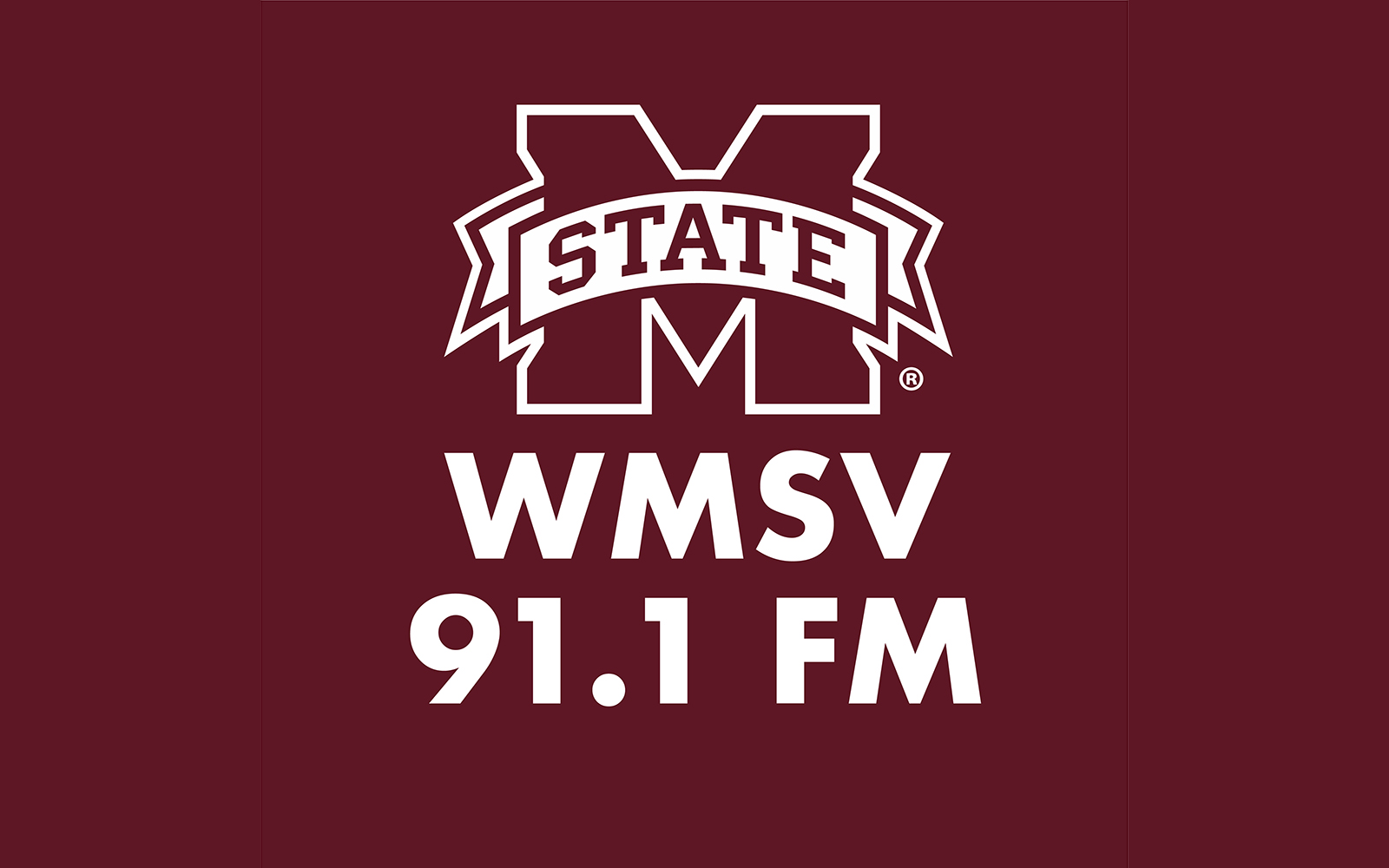Water Tanker Truck Crashes into Business on Route 22 in Murrysville: Crews Working to Pull Truck from Building
On April 26, 2024, a water tanker truck crashed into a business on Route 22 in Murrysville. The collision center, Bowser Collision, was hit with the front of the vehicle…
The Biggest Fish Fry Parade Draws Thousands
The 71st annual World’s Biggest Fish Fry Grand Parade took place today in Paris, Tennessee. Members of the community view the parade as more than just a procession – it’s…
Qualifying stage for Lenovo Legion Esports Valorant tournament starts on April 27
The Lenovo Legion Esports tournament kicks off on April 27, featuring the top Valorant players in Lima competing for a chance at glory and five gaming laptops. The tournament will…
The sports talk program at MSU radio station ranked as the top in the nation
Alexandra McDaniel can be contacted for further information about this story. Mississippi State students at WMSV radio station won first place in the nation for Best Sports Talk Program at…
Discover Science with MilliporeSigma’s Curiosity Cube: A Mobile Science Lab Takes on the North American Region!
The Curiosity Cube, created by MilliporeSigma, is a mobile science lab that brings STEM education to students through interactive experiments and hands-on learning. Currently touring the North American region, the…
Unforgettable Afternoon: Riverview Health and Rehabilitation Center Hosts 2024 Prom Celebration, Improving Quality of Life for Residents
In Savannah, the 2024 prom celebration at Riverview Health and Rehabilitation Center was a grand affair. Director of Business Development, Misty Harvest, shared that many residents who do not typically…
Vinasun Struggles to Stay Profitable in Vietnam’s Changing Taxi Industry
Vinasun, a Vietnam-based taxi company, reported a profit of over 22 billion VND in the first quarter of this year. While this is still a significant amount, it represents a…
Commerce Township Business Owner Arrested at JFK Airport for Fleeing Country Amidst Fire and Explosion Investigation
A resident of Commerce Township, Noor Noel Kestou, owner of a suburban Detroit business that experienced a fatal fire and explosion was apprehended at John F. Kennedy International Airport in…
King Charles Falls Ill: English Tabloids Brace for Impact
There is a question that everyone asks in British society and in the corridors of power, but no one will ever ask directly: how is King Charles really doing? According…
Attorneys General Call on Congress to Expand Access to Assisted Reproductive Technology.
Attorney General Anthony G. Brown is part of a coalition of 21 attorneys general advocating for the passage of the Access to Family Building Act in Congress. The Act aims…


:quality(75)/cloudfront-us-east-1.images.arcpublishing.com/elcomercio/6QVG5YZ565A6JP4YFE5MOUAMTI.jpg)

